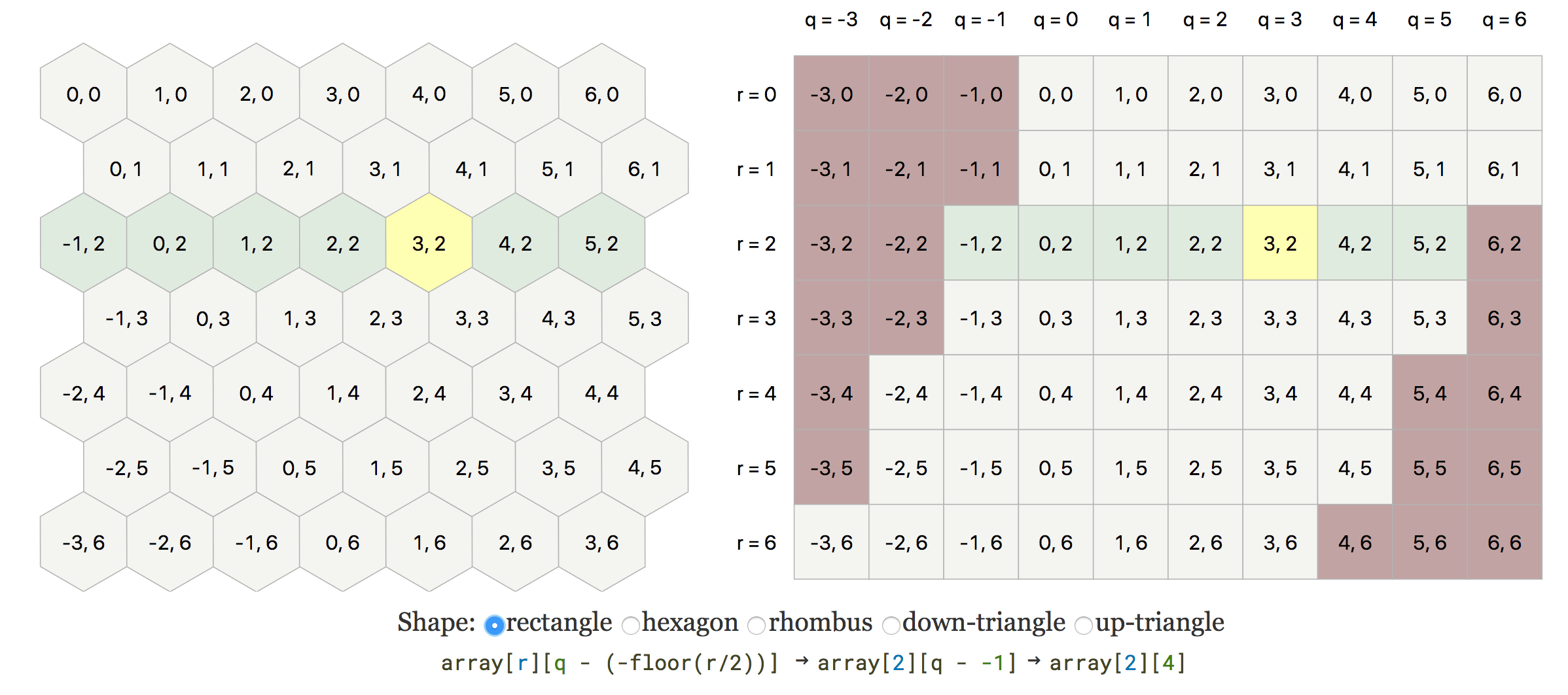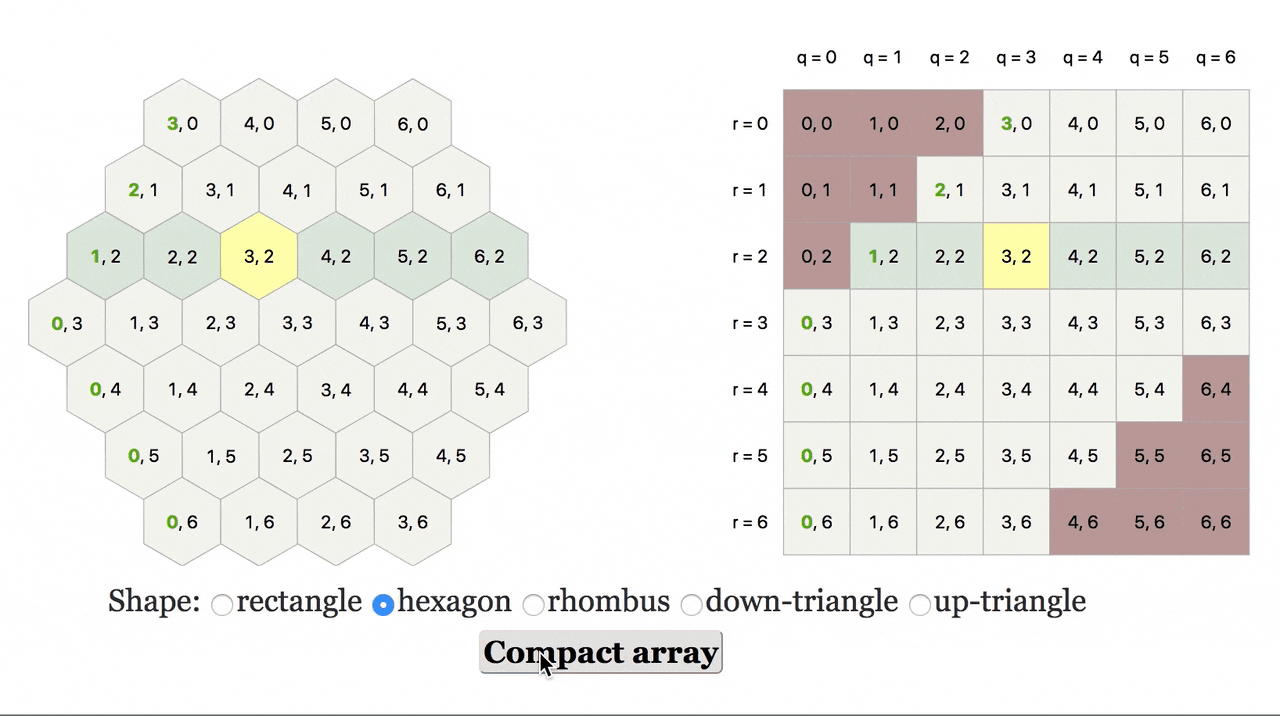Today, I'd like to spend a bit of time on something that I've seen here and there on
Storium - cases where a person perhaps goes a bit
too Weak with a Weakness play...and takes themselves out of a scene.
It feels right - it feels
better than right, doesn't it? Isn't it a
great expression of a Weakness to not just suffer a setback, not just suffer some kind of injury, but actually get knocked out or otherwise removed from play for a bit?
Well...it is, and it isn't.
Let's start off with the good: This
is, undoubtedly, an example of a player being very willing to show his character suffering for his Weakness. That's great, and that's an attitude that I hope people learn on
Storium.
But actually taking yourself
out...getting knocked out, getting poisoned to the extent that you can't move, draining yourself so much of energy that you're too exhausted to go on...there are times these things are appropriate, but they need to be used with restraint.
Otherwise, they can mess with the flow of a story.
I've seen it happen: A battle happens, one part of a longer sequence of events all taking place in a short period of time. One player plays a Weakness card and portrays themselves as exhausted, or poisoned, or just plain knocked out cold. Then the battle ends.
Now a few things can happen:
- Somehow, the player character recovers very quickly, and keeps on going, so the story can keep moving. That's unsatisfying, as it feels like a major moment is just brushed over and somewhat ignored.
- The narrator puts in a point where the group can rest for a while to make it seem more realistic that the player character takes time to recover from his state...but now the story loses momentum.
- The story goes on, and the player character is put someplace safe to recover in the meantime, which means:
- The player misses out on part of the story, or...
- The narrator has to come up with things that happen around wherever the player character was left that they can work with in their current state.
I'm not particularly fond of any of these options. If you address a Weakness play that
severe, you're going to find your story either feeling like it doesn't address the weakness properly, losing its momentum, or going on temporarily without a player (which can be harmful both to that player's experience with the story, and to the game as a whole, given how
Storium tends to work).
Now...you
can make this work. You can. A good narrator who is used to letting the players have
heavy story control, especially, can make this work out great. Maybe the group has to stop to allow the player character to recover, but in the process, the problem they're trying to address worsens. Or maybe that's the next challenge: Can they find things to help the player
quickly enough that the next challenges don't worsen in the meantime?
But the thing is, even though you
can make this work...it just oftentimes ends up more trouble than it is worth to put in this strong of a Weakness play. You can get some great,
great character moments and a strong feeling of struggle and danger and fading hope from
injury or
tiredness that still leaves the character able to go on to new fights.
Sometimes, that can be even stronger. If a character is knocked out, the group might stop to deal with that and then go on once he's recovered. If that happens, the knockout doesn't add as much tension to the story. If a character is injured or tired but still goes on, though, we see that in everything they do for the next few scenes - they're in a bad way, one arm too hurt to hold up their shield, or dragging themselves forward in the battle. It's powerful.
Stopping the story's progress
can add some tension if managed properly, but
continuing despite your wounds
always adds tension.
I'm not saying that you should absolutely avoid major consequences as part of Weakness plays, mind! There
are times when it is appropriate, entirely appropriate. Particularly late in the story, particularly when the narrator has
told you this is the final battle, you might pull out these powerful Weakness plays. Because there -
there - it won't make the story pause or lose momentum. It'll emphasize just how bad things are currently, just how much of a struggle it is for the characters...but there's nothing
ahead that the players need to address.
Keep yourselves within the bounds of the challenge, but
that is when you should be safer using some of these powerful Weakness concepts.
Before that? Before that, earlier in the story, don't go that far! Go lighter with what goes wrong...but
use what goes wrong
more. Pick up some kind of injury and carry it with you for the next few scenes, showing your character struggling with it. Show the tiredness that you're feeling, even as you struggle to move on.
Or
almost encounter one of those points...and leave things open. Let someone else
save you from them. Those can be amazing moments in a tale too.
Weakness plays don't have to be about solid, absolute consequences for your character. They can be about the
threat of those consequences. They can be about what
might happen if the battle isn't turned around. If you knock your character out, he's knocked out. That's certain. It's done. But if you put in the
possibility, you're giving someone else the chance to write. And that's what
Storium is all about - working
with each other to write interesting or fun stories.
So I suggest pulling back from the
solid a bit - work with possibilities. Get hurt and need help. Or, need help to avoid getting hurt. Get tired and struggle. Need someone's shoulder to lean on. Need someone to fight by your side. But unless the story really, truly demands it, don't get taken out entirely. That cuts off possibilities - like bluntly leaving in the middle of a conversation.
And if you're going to take yourself out at all, try not to do it while you still have card plays left for the scene! Hopefully narrators are taking my advice to not use up all their points, but still, it's useful if players keep open the option to play all their cards if needed.
Now, one more note here: I've already said that late in the story you might be fine pulling out heavier, solid consequences as part of a Weakness play if that's your thing. There
are points earlier in the story where you might do that too. The narrator might even set them up specifically. If he does...go with it, obviously! If the Weak
outcome is "you're all knocked out," well, that's what the outcome is, so do the normal thing with a Weak outcome if you get it and write your spin on that outcome! You get knocked out.
The narrator, obviously, will have
planned for that possibility since he put it in the outcomes, right?
Similarly, you might find a situation where it feels like the consequences should be higher - where the outcomes suggest this battle or event is more dangerous than normal, or where you're already portraying your character in a bad way and it just feels like they should have something more solid happen to them on your next Weakness play. And that's fine...I just suggest that you consider talking to the narrator first. Remember, you're writing collaboratively: Check, when you're thinking about having something this major happen to your character, and work with the narrator to figure out how it can happen but still keep the story moving (and not exclude you as a player).
This isn't a solid "don't ever do this." I want to be clear on that. What it is is a caution: Be
careful of how and when you do this. When a hero is solidly defeated in battle or exhausts herself in the service of a cause, that
can be a great story moment. It's just important to make sure that it's the right time - and that it doesn't derail the story's momentum or leave it short of players in the process.


























